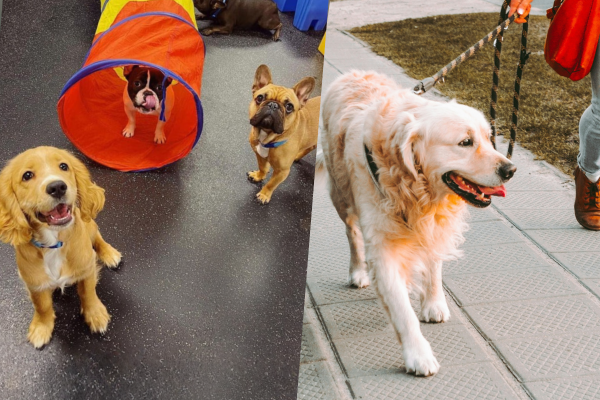In the diverse and intricate world of canine breeds, the prevalence of anxiety varies significantly across the spectrum, with some breeds being more predisposed to anxiety disorders than others. Anxiety in dogs, much like in humans, can manifest in various forms, including but not limited to separation anxiety, generalized anxiety disorder, and phobias of specific stimuli such as loud noises or unfamiliar people. The predisposition of certain dog breeds to severe anxiety can be attributed to a myriad of factors, including genetics, breed-specific traits, environmental influences, and their historical roles alongside humans. For instance, breeds that were historically bred for high-alert roles such as guarding or herding are often more susceptible to anxiety due to their inherent need to be vigilant. Similarly, breeds known for their deep bonds with humans might be more prone to separation anxiety. Understanding these breed-specific tendencies towards anxiety is crucial for prospective pet owners, as it allows for better preparation in managing these issues, thereby enhancing the welfare and quality of life for these canine companions. In the following sections, we delve into ten dog breeds that are notably prone to severe anxiety, exploring the roots of their anxiety, characteristic signs, and the underlying reasons that contribute to their heightened levels of stress.
1. Border Collie
Border Collies are renowned for their intelligence, agility, and herding prowess, characteristics that have cemented their status as one of the most versatile working breeds. However, these very traits can also predispose them to severe anxiety. Their high intelligence and energy levels mean that they require constant mental and physical stimulation; without it, they can quickly become anxious and exhibit behaviors such as obsessive pacing, barking, and destructive chewing. Historically bred to work closely with humans in varied and challenging environments, Border Collies are highly sensitive to changes in their surroundings and can become stressed in unpredictable or inactive settings. Their innate herding instinct can also contribute to anxiety, as they may become overly concerned with keeping their human “flock” together, leading to stress when separated from their family members.
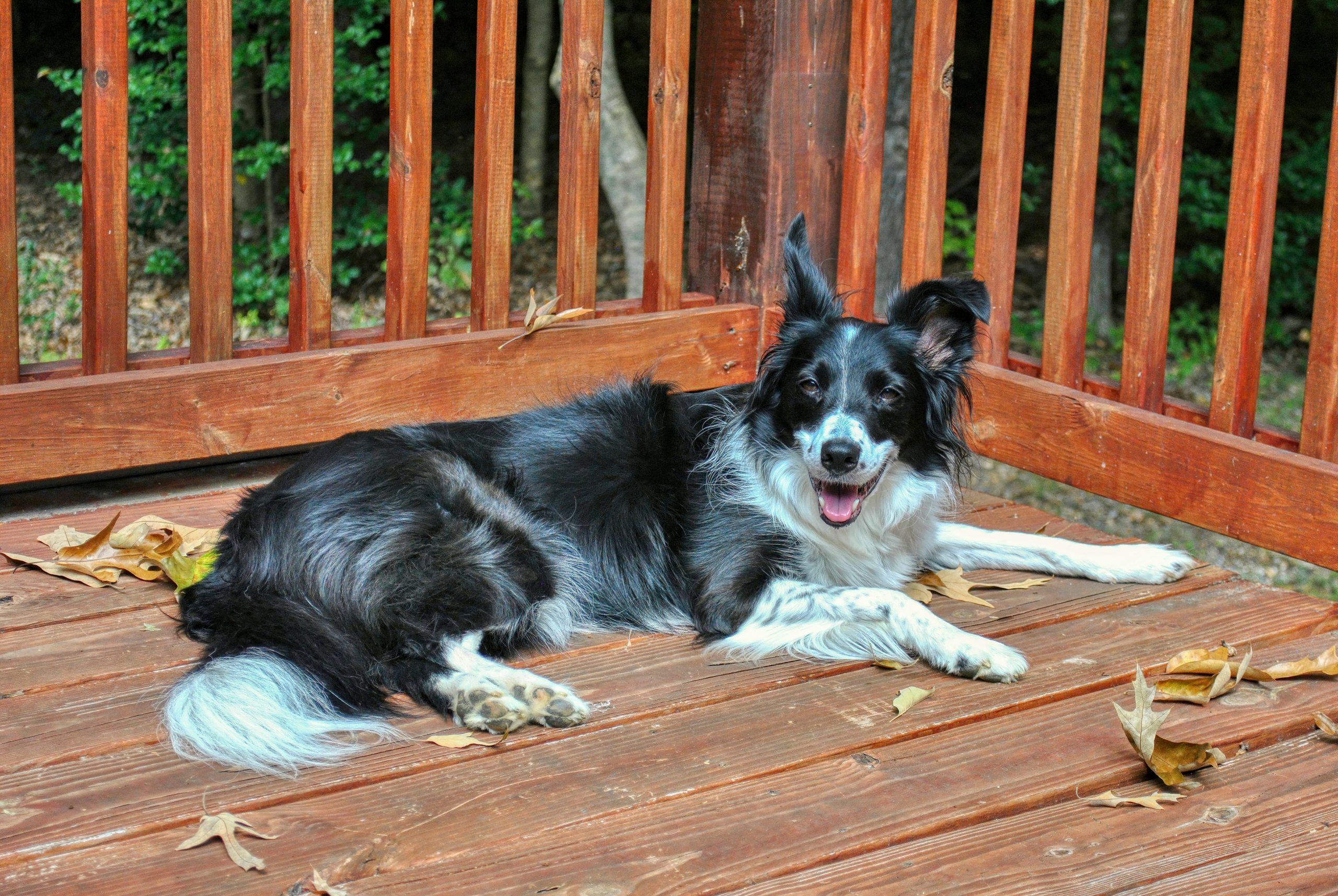
2. German Shepherd
German Shepherds, with their illustrious history as military, police, and service dogs, are celebrated for their loyalty, courage, and versatility. Nonetheless, these same qualities can make them susceptible to anxiety. Their deep bond with their owners and a strong protective instinct can lead to separation anxiety and stress when away from their human companions. Additionally, German Shepherds are genetically predisposed to certain health issues, such as hip dysplasia, which can exacerbate anxiety through chronic pain and mobility issues. Their acute sensitivity and intelligence mean they require consistent training and socialization from a young age to prevent anxiety from taking root, as they can otherwise become overly wary or aggressive towards unfamiliar people or situations.
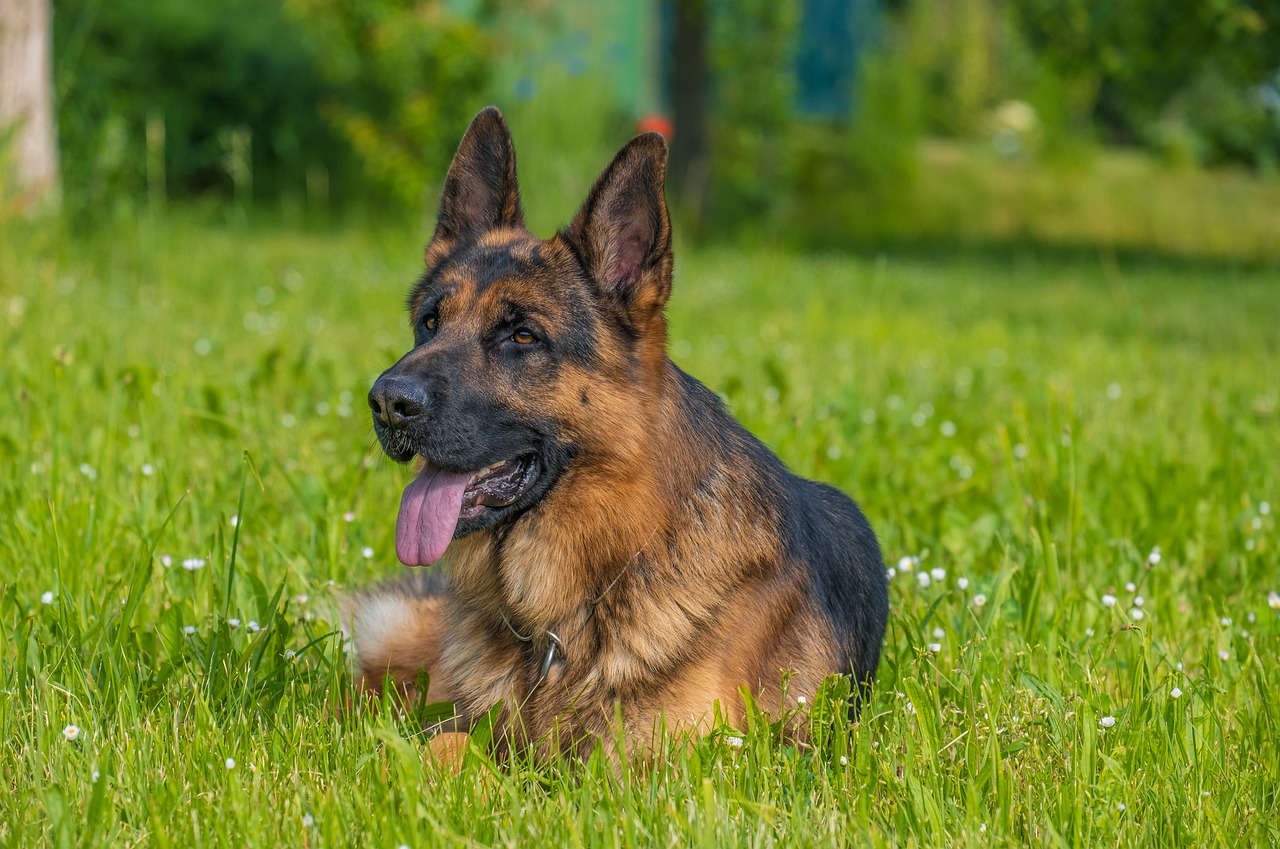
3. Labrador Retriever
Labrador Retrievers are one of the most popular dog breeds worldwide, known for their friendly nature, loyalty, and adaptability. However, their popularity does not shield them from the risk of developing severe anxiety. Labs are particularly prone to separation anxiety, stemming from their strong desire to be with their human family and their historically bred role as companion dogs. This breed thrives on companionship and activity, and when left alone for extended periods, they can become distressed, leading to destructive behavior and excessive barking. Moreover, Labs are energetic and playful dogs who need ample exercise and mental stimulation to prevent anxiety-driven behaviors.
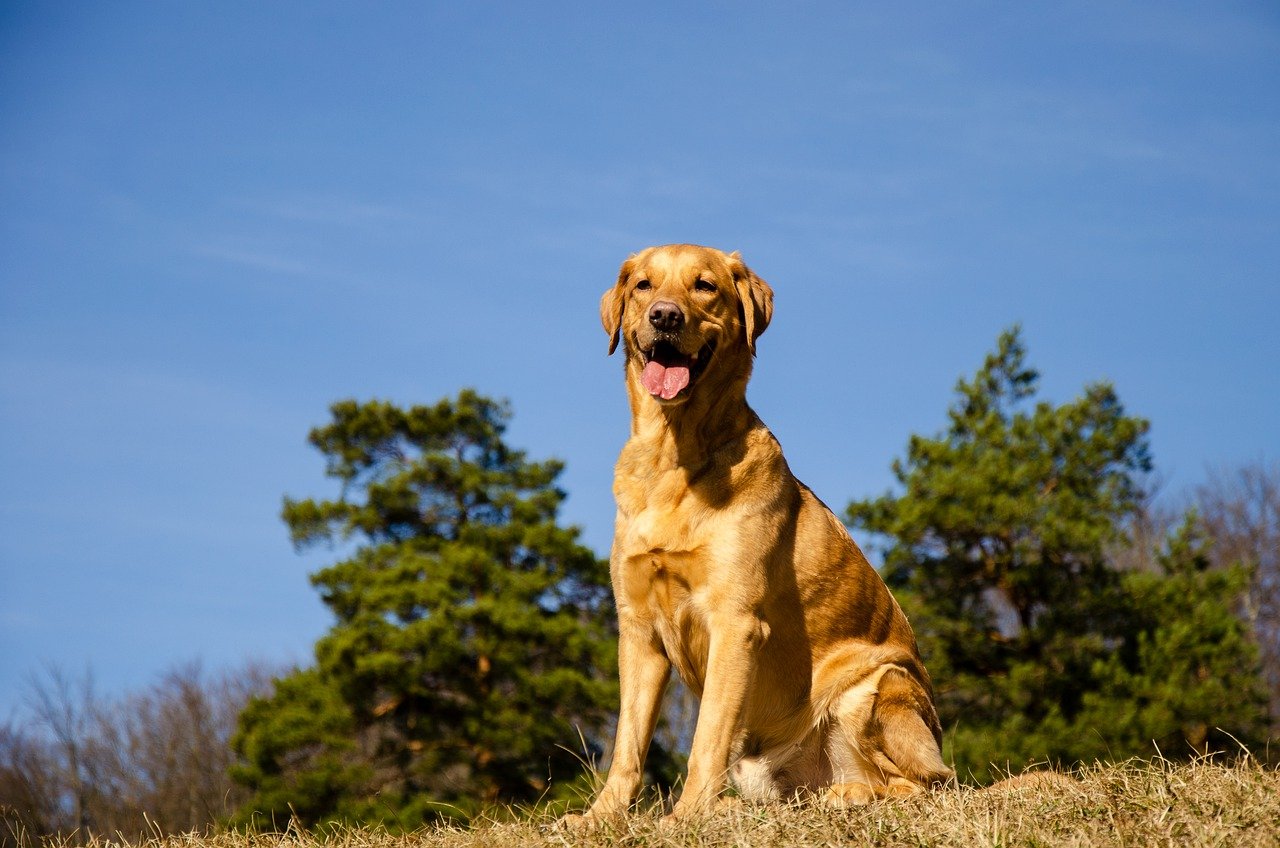
4. Australian Shepherd
Australian Shepherds are dynamic, intelligent, and highly energetic dogs that were originally bred for herding livestock. Their boundless energy and sharp minds mean that they require constant engagement and exercise, without which they can develop severe anxiety. This breed’s herding instinct can manifest in unwanted behaviors such as chasing cars or nipping at people’s heels, driven by anxiety and a lack of proper outlets for their energy. Australian Shepherds are also known for their strong attachment to their owners, making them susceptible to separation anxiety. Without adequate socialization and training, their natural vigilance can evolve into anxiety, especially in unfamiliar or chaotic environments.
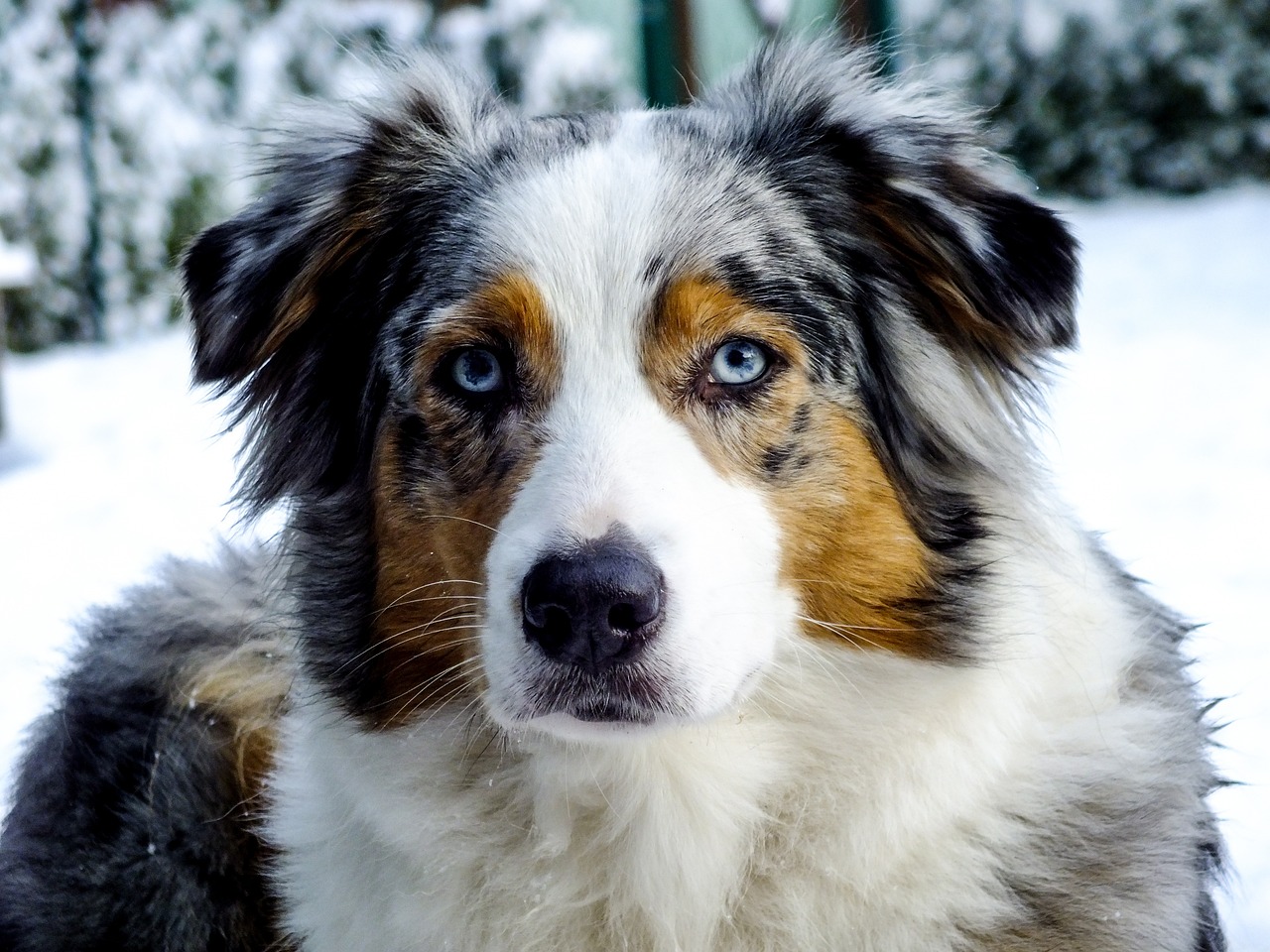
5. Jack Russell Terrier
Jack Russell Terriers are small in size but large in personality, known for their fearless nature and boundless energy. Originally bred for fox hunting, their high prey drive and stamina mean they require lots of physical and mental stimulation. Without it, they can quickly become anxious and engage in destructive behaviors such as digging and excessive barking. Jack Russells are also highly intelligent and can become bored easily, leading to anxiety when not provided with enough activity or attention. Their strong personalities require consistent, firm training from an early age to manage anxiety and ensure they remain well-adjusted pets.
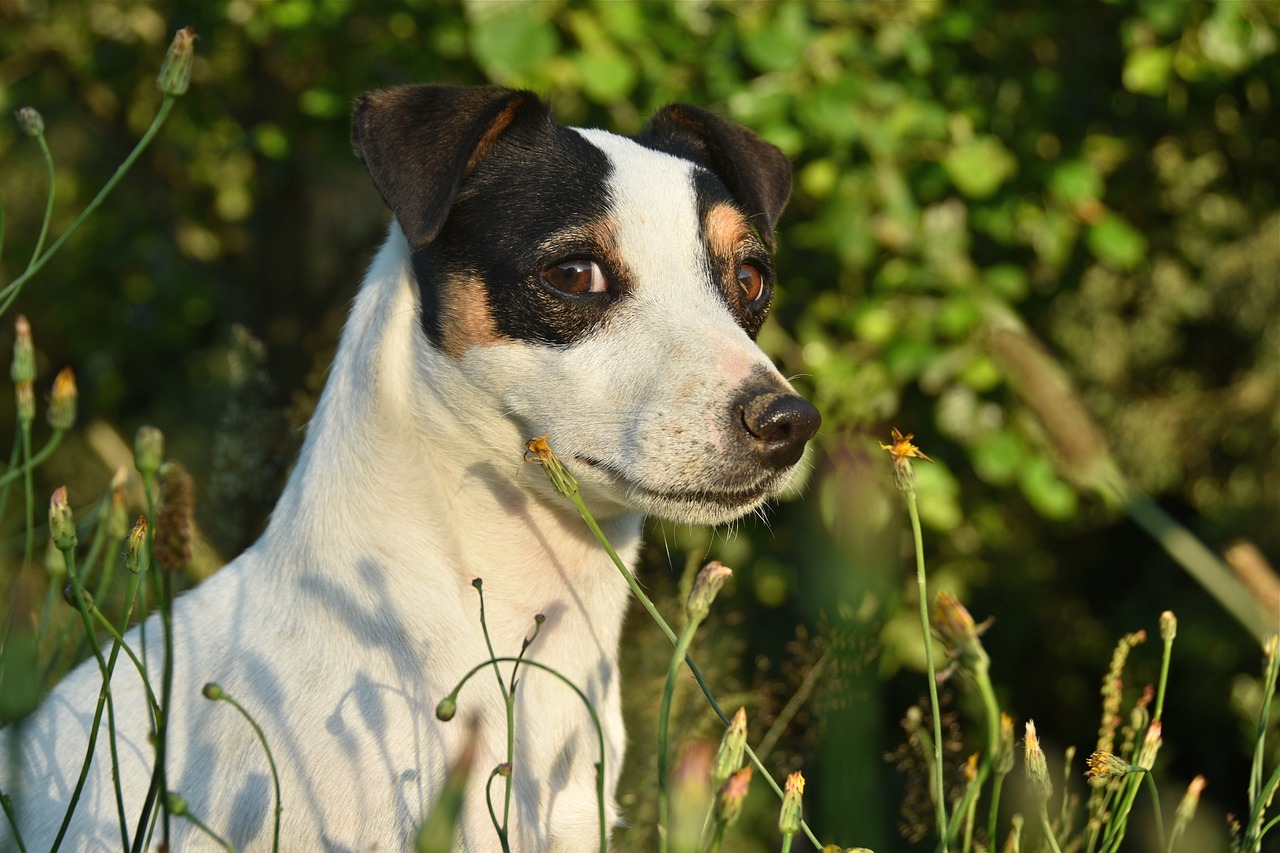
6. Cocker Spaniel
Cocker Spaniels, with their gentle and affectionate nature, are a beloved breed for families and individuals alike. However, they are prone to anxiety, particularly separation anxiety and fear-related anxiety. Their breeding as companion dogs means they form deep bonds with their owners and can become distressed when left alone. Additionally, some lines of Cocker Spaniels are more susceptible to health issues, such as ear infections, which can contribute to anxiety through discomfort and pain. Socialization is crucial for Cocker Spaniels to prevent anxiety from developing, as they can become timid or fearful in unfamiliar situations without positive early experiences.
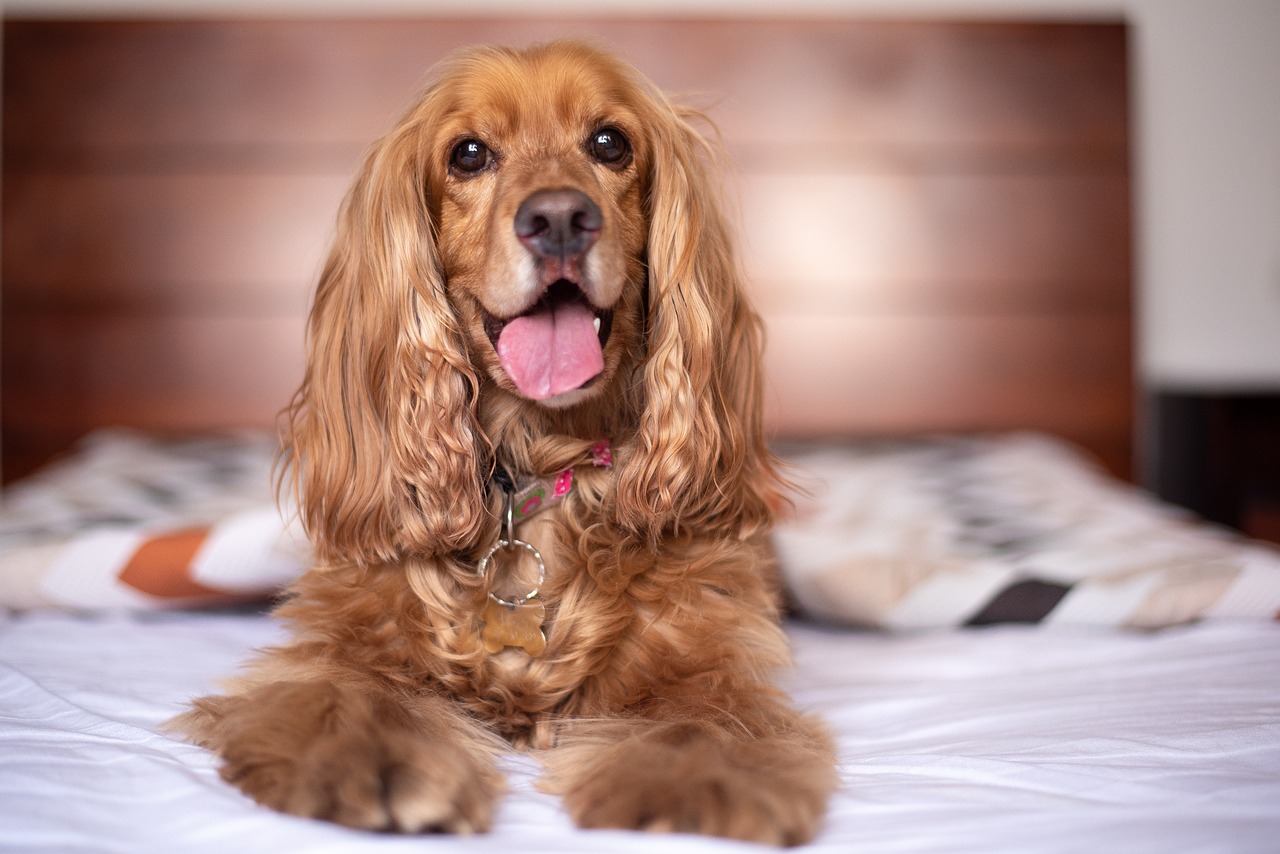
7. Bichon Frise
The Bichon Frise is known for its affectionate demeanor and fluffy white coat, making it a popular choice for those seeking a loving companion dog. Despite their cheerful appearance, Bichons can be prone to anxiety, particularly separation anxiety due to their strong attachment to their owners. They thrive on human interaction and can become anxious and exhibit destructive behaviors when left alone for too long. Additionally, the Bichon Frise’s sociable nature means they can become anxious in environments where they feel ignored or isolated. Early socialization and consistent companionship are key to managing anxiety in this breed.
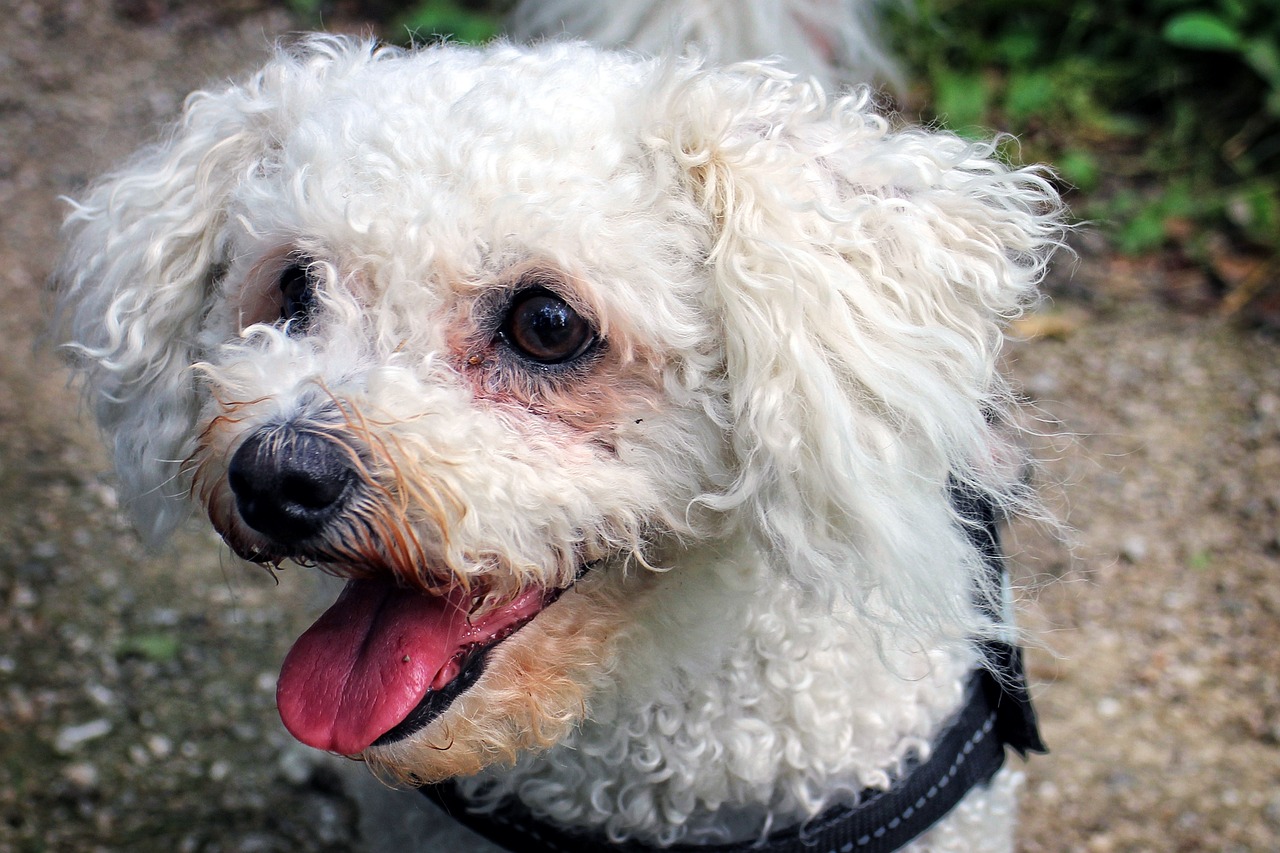
8. Chihuahua
Chihuahuas may be the smallest dog breed, but they have one of the biggest personalities, often unaware of their diminutive size. This breed is known for its loyalty and attachment to its owners, which can unfortunately lead to severe separation anxiety. Chihuahuas are also prone to fear-based anxiety, particularly around larger dogs or in loud environments, due to their small stature making them feel vulnerable. Early socialization and training are crucial for Chihuahuas to help them become more confident and reduce anxiety. Despite their size, they require adequate mental and physical stimulation to prevent anxiety from manifesting in behaviors such as excessive barking or aggression.
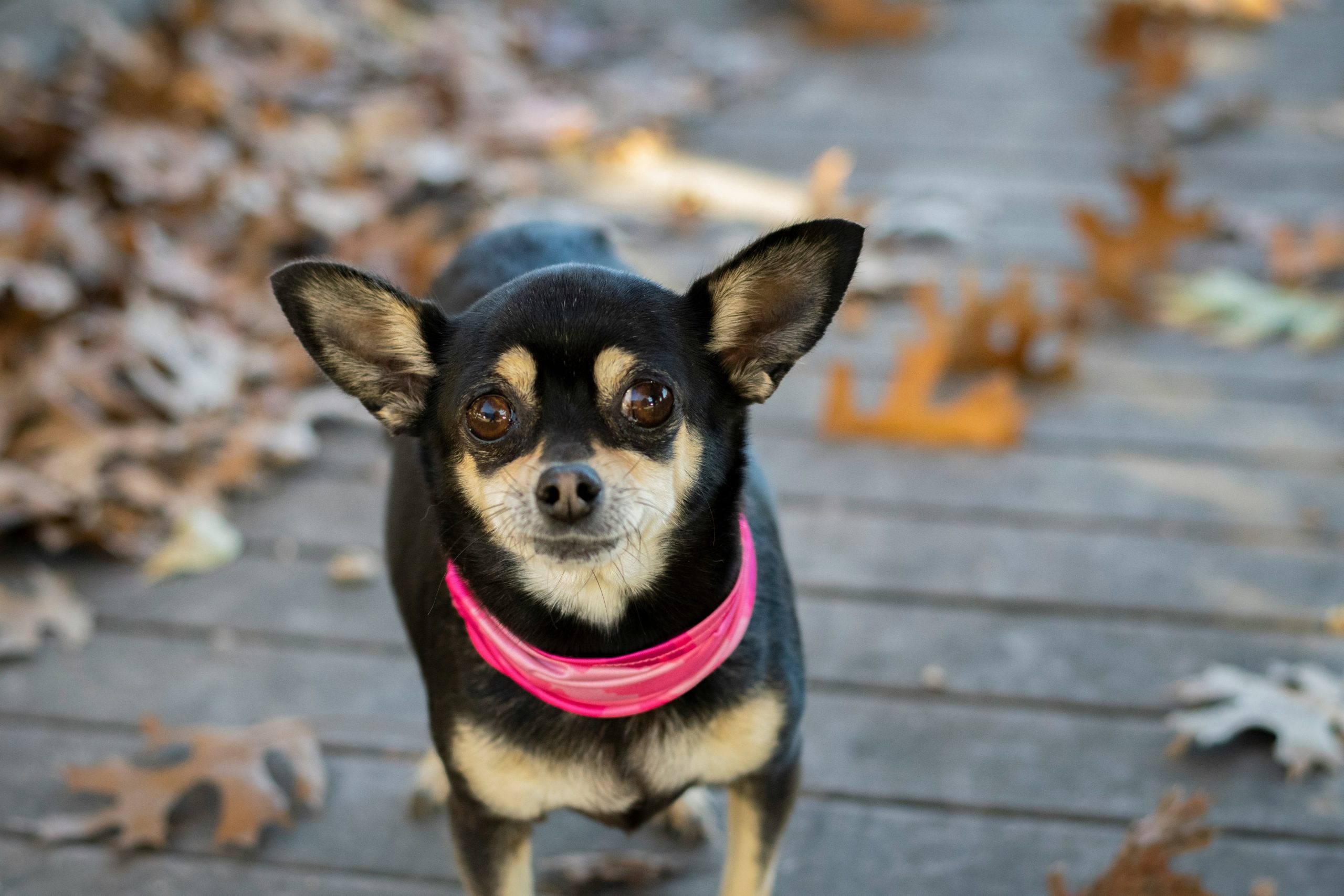
9. Dachshund
Dachshunds, with their distinctive long bodies and short legs, were originally bred for hunting. This breed has a strong prey drive and can be independent and stubborn, traits that can lead to anxiety if not properly managed. Dachshunds are particularly prone to separation anxiety, as they form strong bonds with their owners and can become distressed when left alone. Their hunting background also means they can become anxious in environments that lack sufficient stimulation or opportunities to explore. Consistent training, socialization, and providing outlets for their natural behaviors are essential for preventing anxiety in Dachshunds.
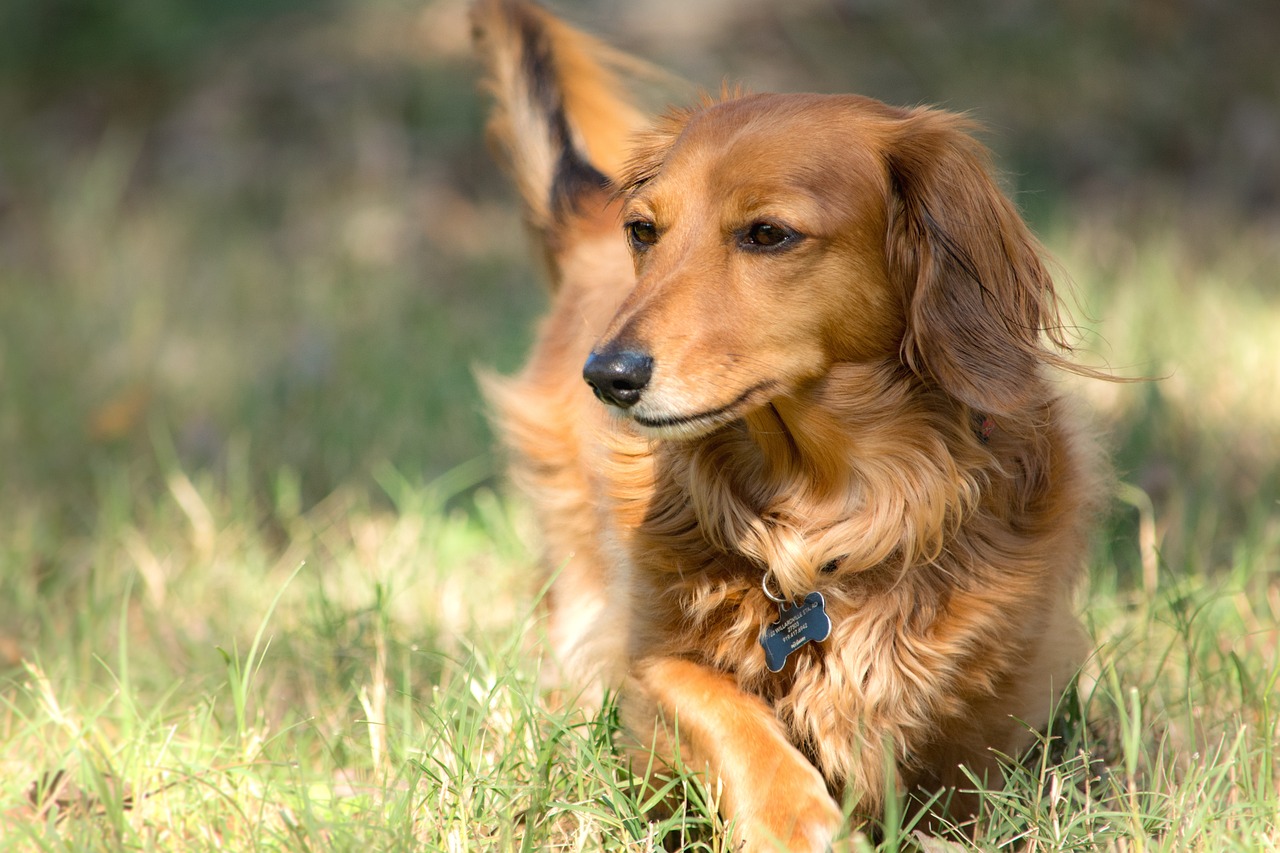
10. Doberman Pinscher
Doberman Pinschers are powerful, intelligent dogs with a strong protective instinct, originally bred for personal protection. This breed can be prone to anxiety, particularly if not given a clear role or sufficient mental and physical exercise. Their protective nature can lead to stress and anxiety if they perceive threats to their family or territory. Moreover, Dobermans form deep attachments to their owners and can suffer from separation anxiety when left alone. Early socialization, consistent training, and ensuring they feel like an integrated part of the family are crucial for managing anxiety in Dobermans.
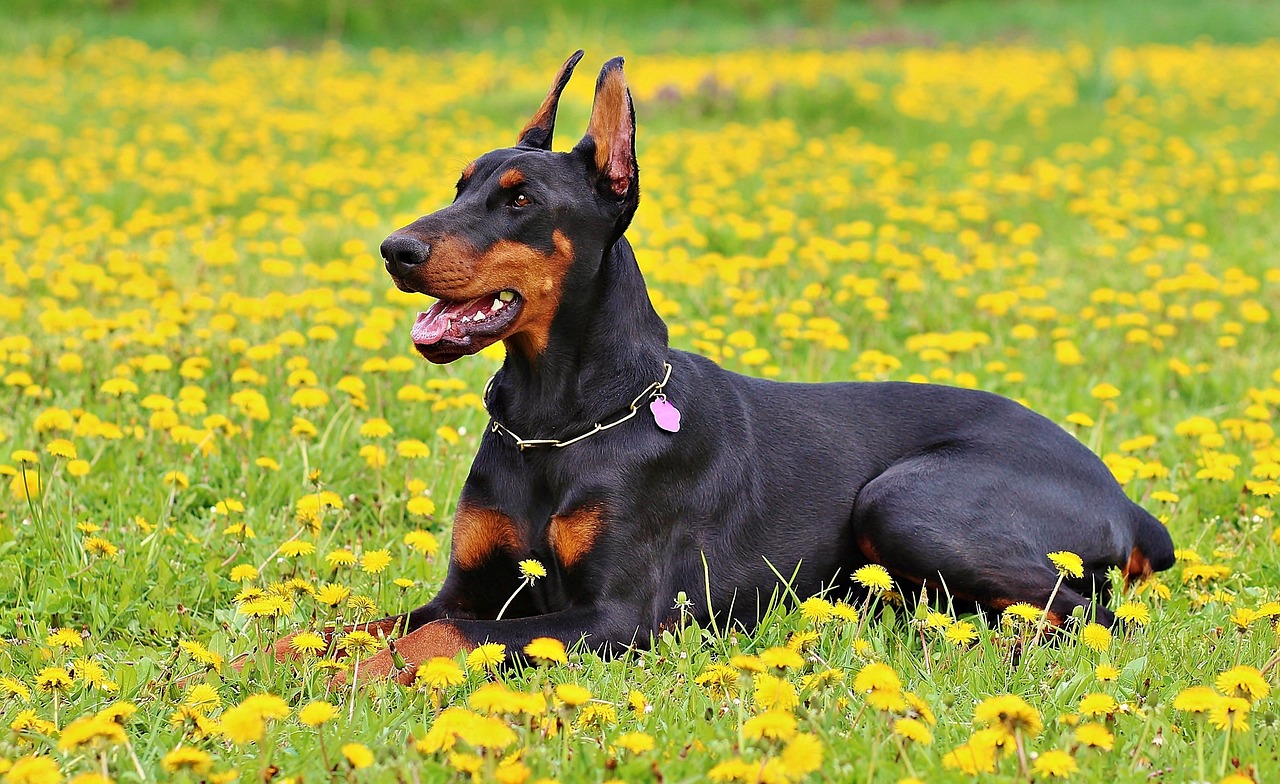
The susceptibility of certain dog breeds to severe anxiety underscores the importance of understanding the specific needs and characteristics of the breed before bringing a dog into one’s life. For breeds prone to anxiety, proactive measures such as consistent training, ample exercise, and providing a stable and loving environment can significantly mitigate the risks. Recognizing and addressing the signs of anxiety early on is crucial for the well-being of these sensitive companions, ensuring they lead happy, balanced lives. It’s a testament to the deep bond between dogs and humans that with patience, understanding, and care, the challenges of anxiety can be navigated successfully, reinforcing the cherished place dogs hold in our hearts and homes.
On our website, you will find many helpful articles and videos about dog care, training, real-life stories, and inspiration for every dog lover. Explore more content and discover interesting insights from the world of dogs.











